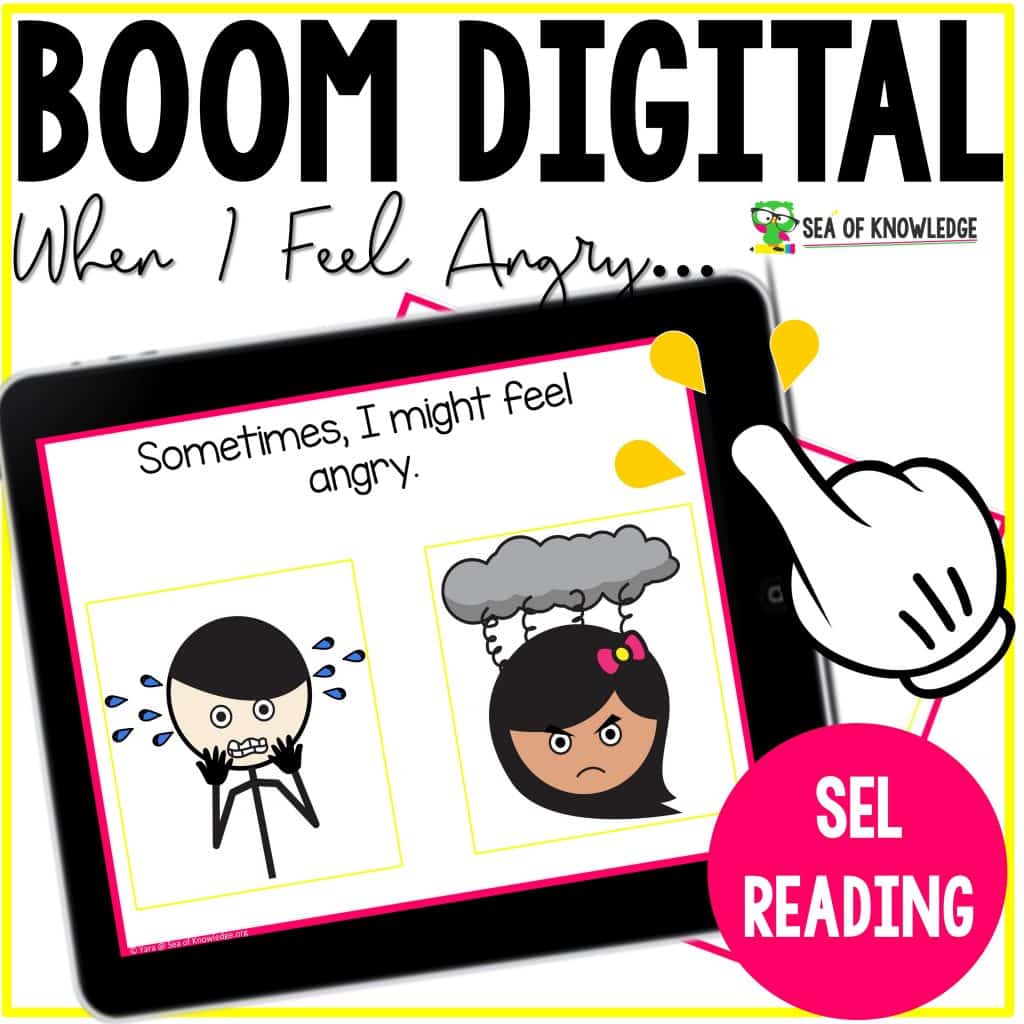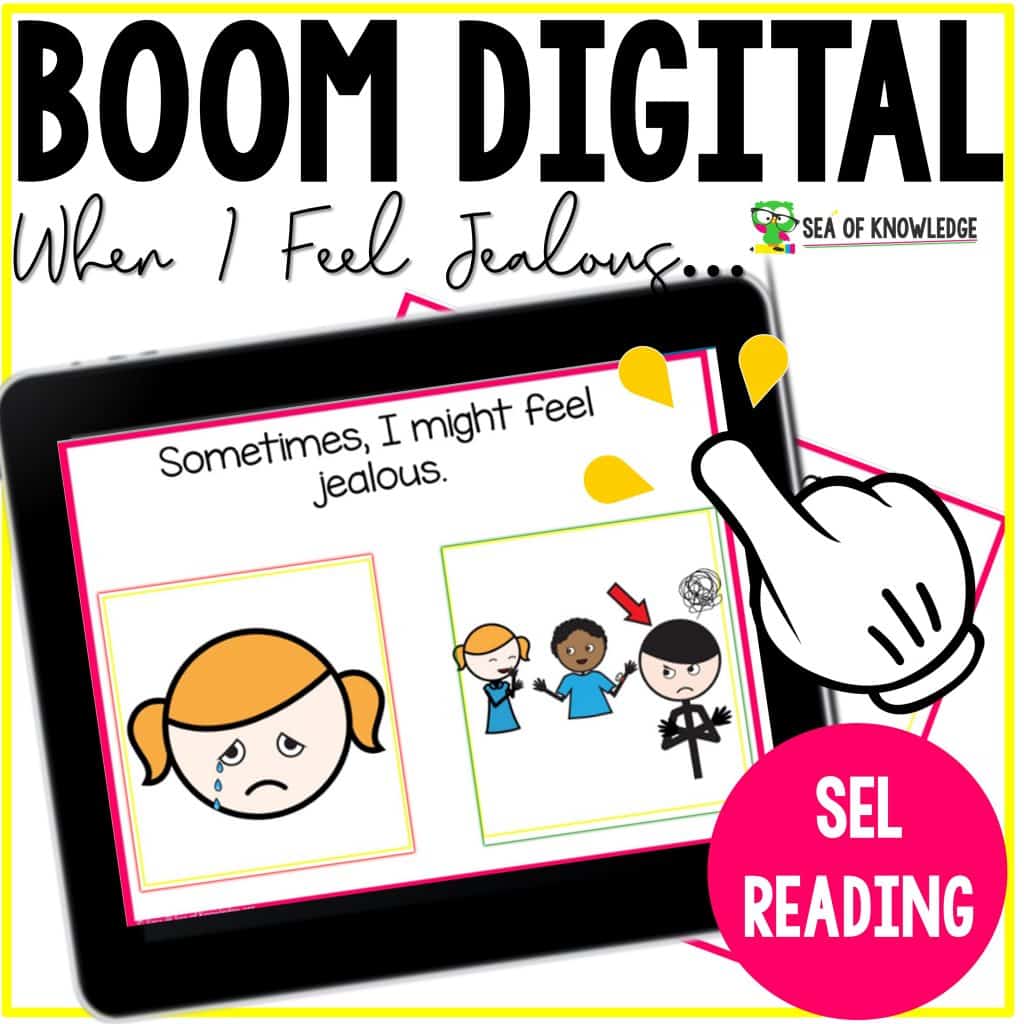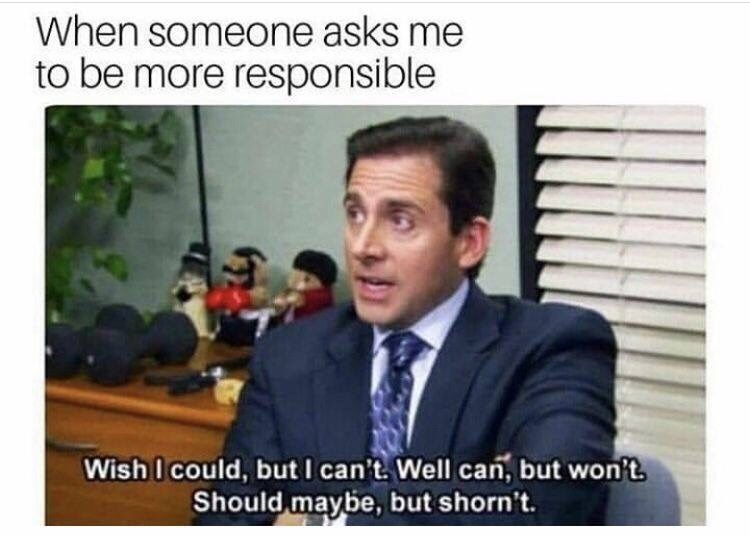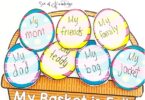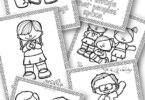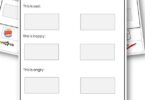Anger is a strong emotional reaction to an unpleasant situation. Looking for some coping skills for kids when they feel angry?

The degree of angriness decides the word to be used to describe the emotion involving anger. Let’s say that anger and explosiveness are the two extreme behaviours that can result in unpleasant scenarios, infighting, brawl, and several unwanted situations. Therefore, coping skills must be developed at an early age with pre-schoolers when they are about to react strongly.
Coping Skills for Kids for Anger
When you are dealing with kids such as a two-year-old, then parents should employ a cautious approach to help their kids deal with the irksome situation. For instance, if kids are continuously shouting and throwing tantrums then he/she must be feeling another masked emotion deep inside.
Some Social and Emotional Learning Digital Boom Card Decks (click on the titles on the images to see more):
It can be a knock on the body or rashes on the body or it can be something that has frightened the kids, such as a lizard, a cockroach, or something on TV. Because small kids cannot express themselves it is essential to train and treat them wisely and make them learn coping skills when they feel angry.
The following are some of the coping skills that kids can use to overcome anger and pain.
BE A ROLE MODEL
Parents are role models for their kids. With kids at home, decorum must be maintained inside the premises of the household, so that the kids can handle things as their caregivers do. Kids are copycats, and they understand, visualize, and re-enact whatever you do. So, when a kid is screaming, you as a parent must go to him and politely enquire what’s wrong? Why are you shouting? Has something happened? Be a friend of the kid who is there to patiently deal with all his madness and explosiveness now and then.
Related posts you may like:
- Kindness is Sweet Bulletin Board Ideas Ice Cream Templates inside!
- Kindness Bulletin Boards Promote Social Skills with these Boards
- How Social and Emotional Learning Interventions Can Save a Child’s Emotional Wellbeing
GIVE GOOD EXAMPLES
Prompt your kids to recall positive characters in a poem or cartoon that you can relate to. Or, you can give examples of character from a book where a character failed at something, but never stopped trying, or show them a couple of videos to please them and motivate them to ask for help when they are suffering.
AVOIDANCE STRATEGY
Preschoolers often feel disgruntled when their younger siblings interfere in their business, or a younger cousin disrupts his puzzles or building blocks or misuses his toys. In such scenarios that you know can occur, act proactively and keep things that kids adore (certain toys, etc.) out of the reach of other kids at home, so that an angry reaction can be avoided. In this way, your kid will train himself to make changes to the surrounding when he grows up.
OTHER STRATEGIES
Sometimes, we all know that things might not work. Either it’s our kid, or they just simply won’t work for one reason or another. You will feel something like this:
No, but in all seriousness, there are a plethora of other actions you can take when you know that your kids are feeling hot in the head, and is about to go berserk. That’s when you can employ strategies like:
- Give them a piece of paper that they can tear apart;
- Hand them the soft toys so that he can squeeze them to transfer his anger;
- Take them to a spot he adores such as a playground, jumping castle, a jogging track, a park, an amusement center, etc.
Latest posts you might like:
- 12 Pages of the Best School Memory Book – Free Download
- 7 Fun & Free Animal riddles for kids – Handwriting Bonus!
- 10+ Simple Kids Graduation Craft Ideas to End the Year with a Bang
- End of Year Kindergarten Activities – Lapbook Your Kids will Ask for!
- 5 Best Free Printable Counting Cards Flower Themed Cards with Plastic Links
To conclude, preschoolers spend most of their time indoors, hence parents must plan to put a plan in place to train them on how to avoid getting angry, and how to cope strategically with anger. The above set of tips are just a few of the several face kids mentality that can be developed to show restraint.

